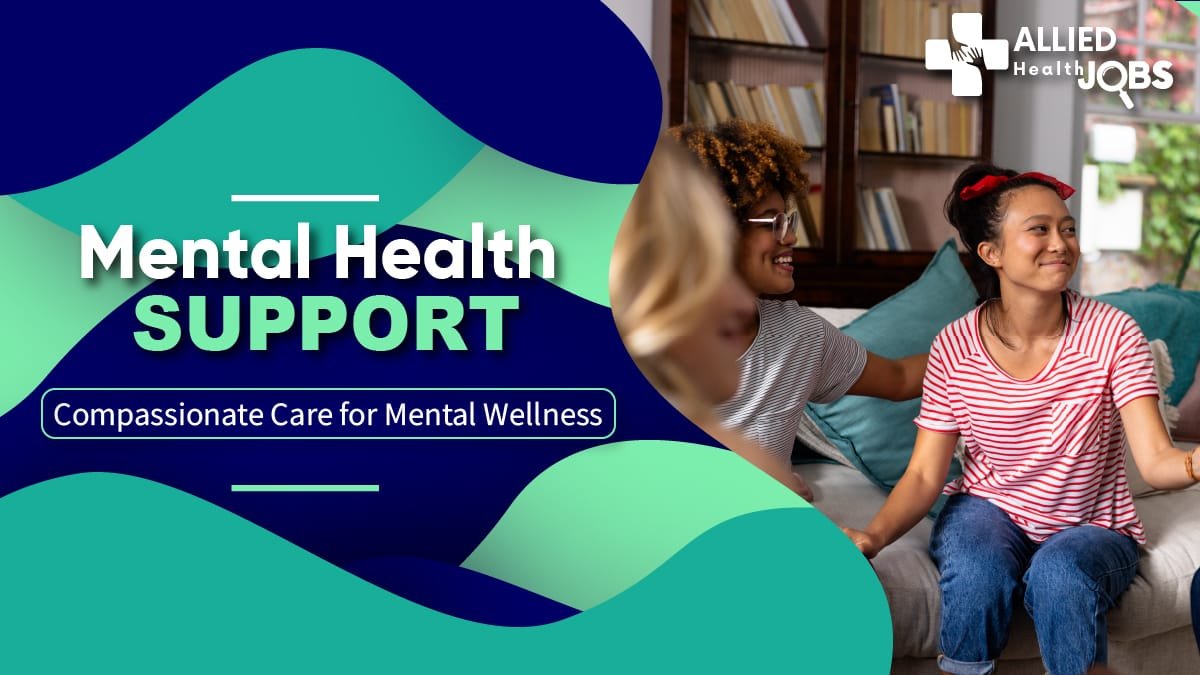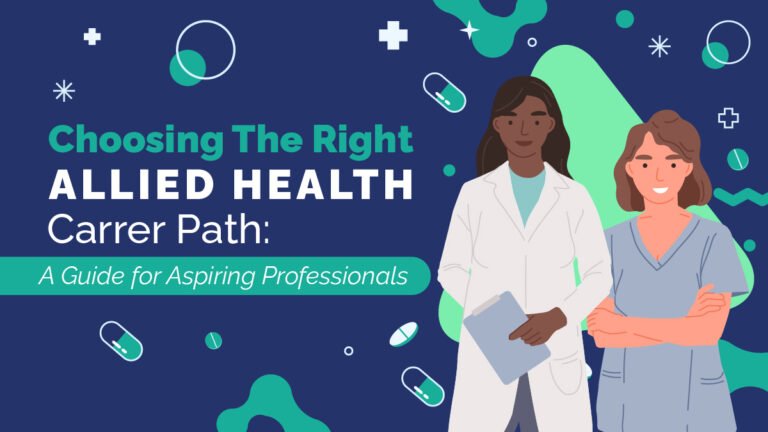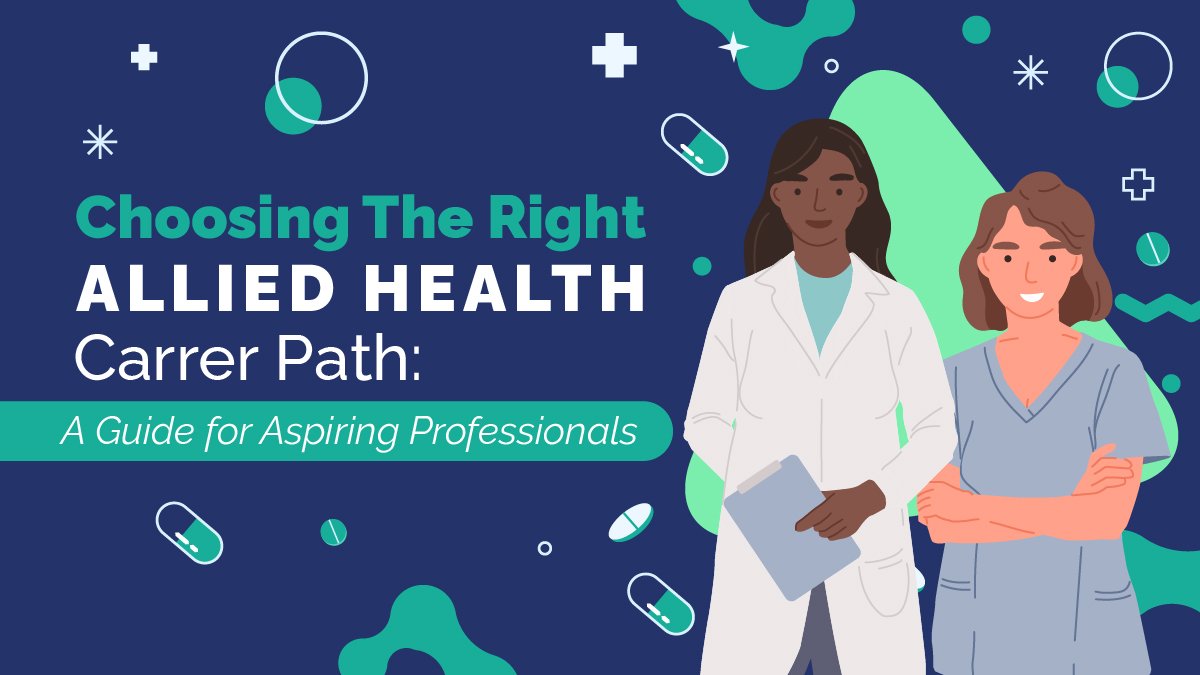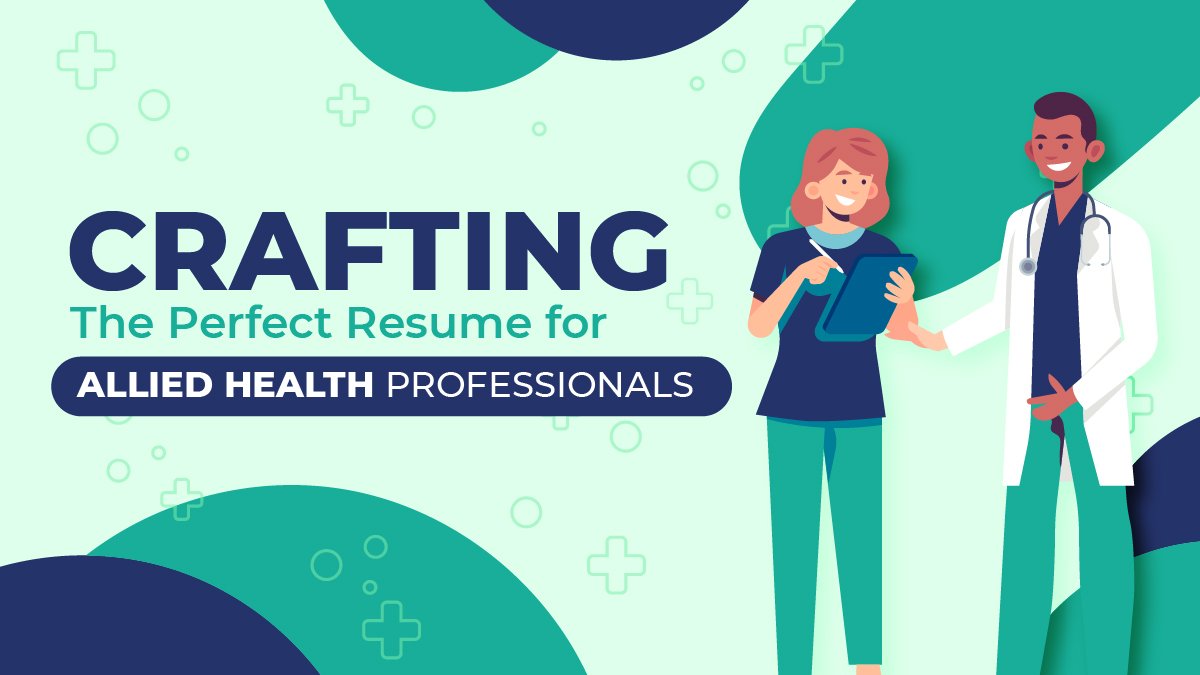Table of Contents
ToggleMental health has become the center of healthcare systems as it has become an integral element for proper health and well-being. Therefore, this has brought explosive growth within allied health fields with such professionals. Allied health professionals, especially in mental health counseling, occupational therapy, and social workers, are among the primary pillars of mental health care. Through them, much support will be given to help patients who need Mental Wellness management as well as improvement and sustainability towards recovery. It also improves the quality of life among people from all walks of life and age groups.
The Evolution of Allied Health Professionals in Mental Health Services
Allied health professionals are offering a range of health services to the community that address mental health concerns. While physicians and nurses tend to stress finding medical problems or addressing physical health, allied health professionals are spread out over specific lines, including mental health counseling, behavioral therapy, occupational therapy, and social work. These roles were supposed to address both the emotional and practical issues surrounding Mental Wellness so that one develops adequate coping skills, identifies how to handle stress, and is then in a position to have a more productive life.
Allied health support is one of the greatest strengths of mental health care-included areas with wide-ranging supportive support. Occupational therapists, for example, strive to support as many patients to acquire these practical skills which can help them to regain independence and life functioning, especially those suffering from anxiety and depression or trauma. They make patients set realistic goals to help them regain their confidence to become independent again.
Social workers in mental health work on the more general social determinants a person has that can influence their health, including family dynamics, socioeconomic status, and accessibility of community resources. Through emphasis on social determinants of health, social work is therefore important to ensure patients receive care holistically, attached to services other than clinical treatment alone.
Why Allied Health Careers in Mental Health Is Important in Healthcare
Rising mental health problems in the recent past have been due to relentless societal pressures, economic strain, and the effects of global catastrophes like COVID-19. Therefore, allied health specialists in mental health will be on the front line in offering support services, from hospitals to schools and community health centers. Their importance goes beyond assisting people to come to terms with their mental health conditions: it also enables the minimizing of the burden on primary healthcare providers.
A very rewarding career path is allied health for that person who wishes to work with the mental health individual. They enable them to interact with the lives of the children who will regulate behavioral disorders to the adults seeking tools on how to deal with life’s complexities. More even, allied health professionals are not confined to seeing each patient individually; they work on community-related health initiatives, collaborate with other healthcare providers, and even lobby for policies that enhance Mental Wellness awareness and access to service.
Indeed, with the increasing awareness of the health sector concerning the need to acknowledge mental health, allied health careers are in high demand. Hospitals, clinics, and educational institutions spend more money on facilities involving mental health services, thus opening career opportunities for those who are interested in this type of venture. Allied health careers involving mental health careers offer stability, growth, and another avenue of making a difference.
Competencies and Training in Allied Health Mental Health Professions
This allied health profession in Mental Wellness is the culmination of appropriate education, compassion, and perseverance. Most jobs, including mental health counseling or social work, require a bachelor’s degree, although some demand a master’s degree or, in specific cases, a license to practice in the state or country.
Most allied health careers in Mental Wellness include educational programs that include areas of study in psychology and counseling techniques, social sciences, and ethics, as well as hands-on training within clinical settings. Much of this training prepares professionals to deal with very difficult patient cases, conduct assessments, and design treatment plans appropriate to the needs of each patient.
Other than academics-based training, successful allied health professionals have some fundamental qualities. Empathy, great communication skills, and the ability to give others the right of the ear are all fundamental. Such professionals meet patients at the vulnerable moments of their lives; hence, they have to be empathetic. Problem-solving skills and diversity are essential, considering different patients’ mental issues across various individuals and communities.
Future Allied Health Careers in Mental Health
The future for allied health professionals in mental health is, thus, bright and promising. As awareness of mental health fastens and as more people come out to seek help, the roles continue to gain popularity. Advancements in research for mental health paved the way for innovative treatments, applications of telehealth, and interventions related to communities.
Integration of healthcare systems will make it more likely for allied health professionals to work within multidisciplinary teams, sometimes directly with doctors and nurses, and occasionally with researchers. The benefits are both in terms of patient outcomes, but also in the general learning and growth of the allied health professional.
For example, the incorporation of telehealth allows allied health professionals to interact with patients who cannot possibly access services, due to restrictions in terms of being inaccessible physically and/or financially for Mental Wellness support. This increases access, but the flexibility and relevance of the allied health roles in mental health are underpinned by professional practice adapting to changes in the healthcare environment but simultaneously making mental health support more accessible.
Conclusion
Allied health professionals in the mental health field are the unsung heroes who help people overcome their emotional and psychological hurdles in life. With the help of their specific skills, empathetic approach, and concern for improving quality of life, they make a difference in the lives of both patients and communities. They form the backbone of modern mental care, needed now more than ever from hospitals and schools to community centers.
Follow Allied Health Jobs on social media to learn about the latest job openings!
Follow Us for Allied Health Job Updates!
Are you considering a fulfilling career in allied health? Explore our website Allied health jobs to discover job listings, insights, and tips on navigating the healthcare field. With opportunities expanding in mental health, there’s no better time to explore a career path that combines compassion and purpose.
Follow us on Social Media: LinkedIn | Facebook | Twitter | Instagram












